Abdulaziz Kamilov highlights Uzbekistan's commitment to peaceful relations with neighbors as a key foreign policy priority
Several years ago, border conflicts and water disputes in the region led to disunity, weakening us and depriving us of prospects for cooperation. All of this was entirely contrary to the values of the Central Asian peoples, who had lived peacefully side by side for centuries, said the Special Representative of the President of Uzbekistan on Foreign Policy Issues.
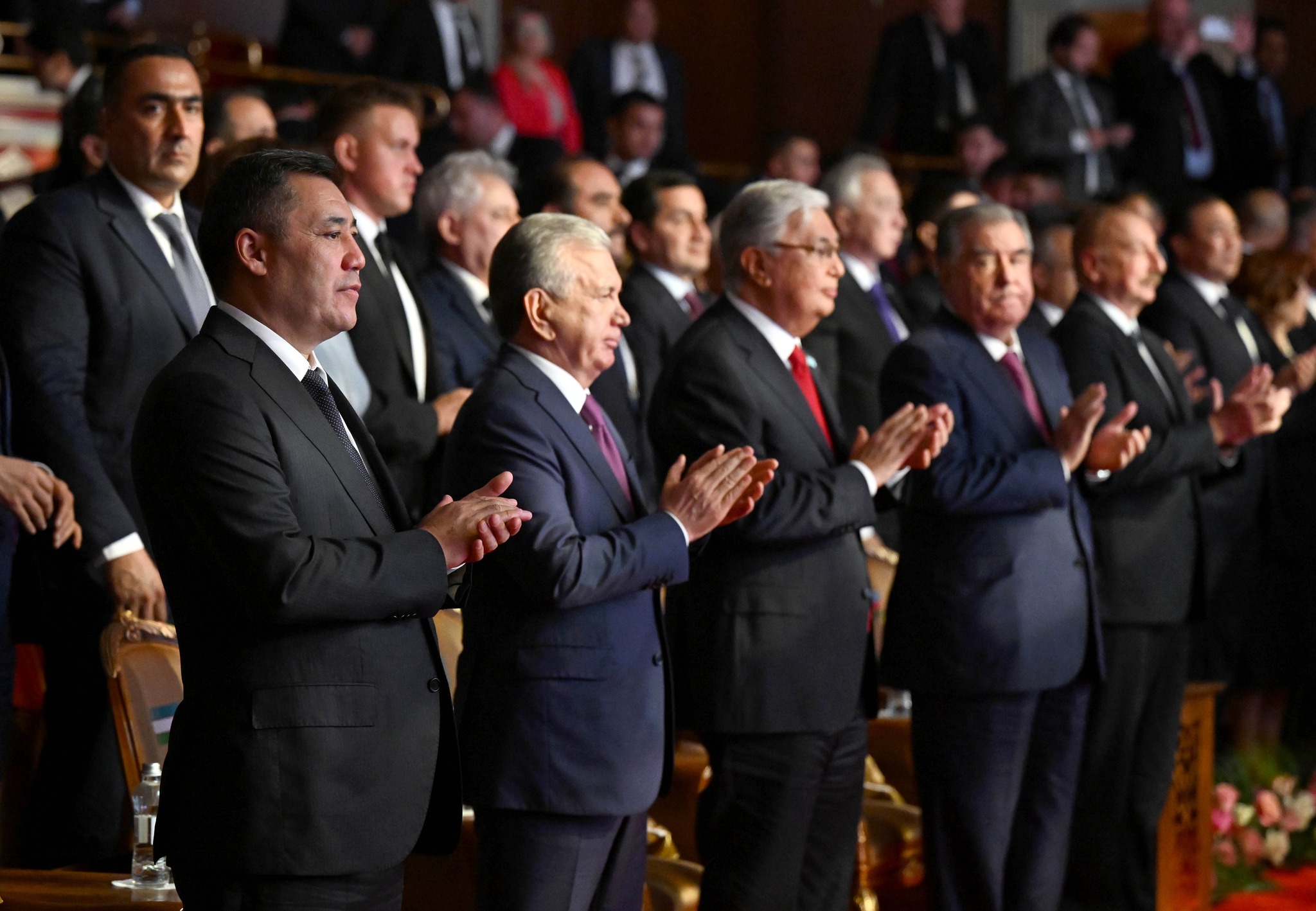
"The recently concluded sixth Consultative Meeting of the leaders of Central Asian states in Astana symbolically summarized the rotating leadership of all countries in the region over the past six years and launched a new phase of inter-state cooperation in this unique format," Abdulaziz Kamilov said in his article dedicated to Uzbekistan's foreign policy.
For the first time, neighbors have agreed on a unified vision for regional cooperation - the "Central Asia - 2040" concept. According to Kamilov, this document covers all key areas of mutual cooperation, sets out specific practical plans for the future, and outlines the forms and mechanisms for their implementation.
Since the first meeting held in Astana in 2018, the Central Asian countries have come a long way. It is worth noting the efforts made to transform the modern image of Central Asia, turning the region into a space of peace and harmony, friendship and good-neighborliness, mutual trust, and cooperation.
"Only seven years ago, our borders were almost completely closed. We witnessed conflicts in border areas, mined fields, transport blockades, and high barriers in trade.
Disputes over water resources, pastures, and water management facilities constantly threatened to escalate into open confrontation.
Some forces in the region sought to foster distrust and use our shared historical heritage for their own benefit, fueling opposition and competition. Our disunity weakened us, deprived us of prospects for unification, and hindered the realization of the region's potential in the pursuit of common interests.
All of this was entirely contrary to the cultural and civilizational values of the Central Asian peoples, who had lived peacefully side by side for centuries, shared a common faith, customs, and traditions, and were bound by thousands of invisible ties.
Moreover, the deepening global crisis of trust and the intensification of armed conflicts began to negatively impact the stability and steady development of the region. In this regard, the understanding that Uzbekistan's prosperity, like that of other Central Asian countries, depends on joint efforts to strengthen cooperation and promote mutual interests in ensuring security and sustainable development in the region has become increasingly strong.
It must be acknowledged that the leader who deeply felt the social demand for radical changes, the resolution of accumulated problems, and the complete abandonment of outdated approaches in relations with neighbors was Uzbekistan's new president, Shavkat Mirziyoyev.
The President of Uzbekistan formulated a new comprehensive Foreign Policy Doctrine, which outlines Uzbekistan's views and approaches to pressing issues of international and regional security, modern threats and challenges, the formation of a new world order, and other matters.
The doctrine envisions the development of multi-faceted cooperation with the world's developed countries on the principles of equality, mutual respect, trust, and consideration of each other's interests. Particular attention is paid to maintaining consistent political dialogue with leading countries in Asia, Europe, America, and Africa, as well as with reputable international organizations.
In this doctrine, the President of Uzbekistan designated the Central Asian region as the main priority of Uzbekistan's foreign policy activity. The most important goal is to "ensure that there are no problems with our neighbors." The principles of not strengthening one's own security at the expense of others, openness, pragmatism, and constructiveness, equality, mutual respect, and consideration of interests, as well as proactive dialogue, have become the conceptual foundation of regional policy.
Uzbekistan has objectively assumed special responsibility for the future of Central Asia. This is explained by the fact that our country shares borders with all the countries in the region. More than half of Central Asia's population, as well as large communities of all the peoples of the region, live in Uzbekistan. Almost all vital issues of Uzbekistan's development—from water to transport corridors, regional security, and trade—are linked to good-neighborly and predictable relations with neighboring states.
That is why, in his first address to Parliament in 2016, the President of Uzbekistan clearly defined the priorities, placing the strengthening of relations with Central Asian countries at the forefront. "The Central Asian region, which plays a crucial role in ensuring our national interests, is the main priority of Uzbekistan's foreign policy activity. We remain committed to pursuing an open, friendly, and pragmatic policy with our close neighbors Turkmenistan, Kazakhstan, Tajikistan, and Kyrgyzstan," Shavkat Mirziyoyev emphasized. It is no coincidence that shortly after the elections, the President made his first official visits to Ashgabat and Astana, reaffirming the principle that Central Asia is a priority.
In his historic address, the leader of our country expressed Tashkent's firm intention to pursue a constructive policy towards its close neighbors, to resolve accumulated regional issues based on equality, mutual consideration of interests, and reasonable compromise, and to create a zone of friendship and prosperity, security, and stability around Uzbekistan, a country located at the heart of our region.
The President of Uzbekistan tasked the government and foreign policy institutions with addressing key regional policy issues—completing the border delineation processes, jointly resolving issues of rational and equitable use of water, forming interdependencies in the economic, environmental, transport-logistics, and scientific-technological development of countries, and other matters.
Changes in Tashkent's approach to establishing political-diplomatic, economic, and cultural-humanitarian cooperation in Central Asia not only created conditions for radically improving Uzbekistan's interstate relations with its neighbors but also laid the foundation for further cohesion and integration of Central Asia in a new format," said Kamilov.
Related News
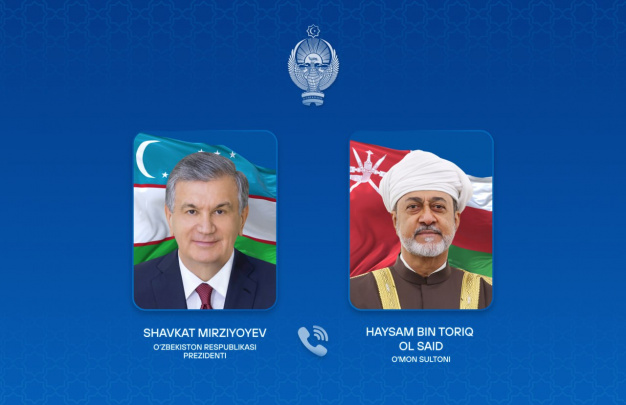
17:32 / 04.03.2026
President Mirziyoyev and Sultan of Oman discuss regional stability and upcoming historic visit
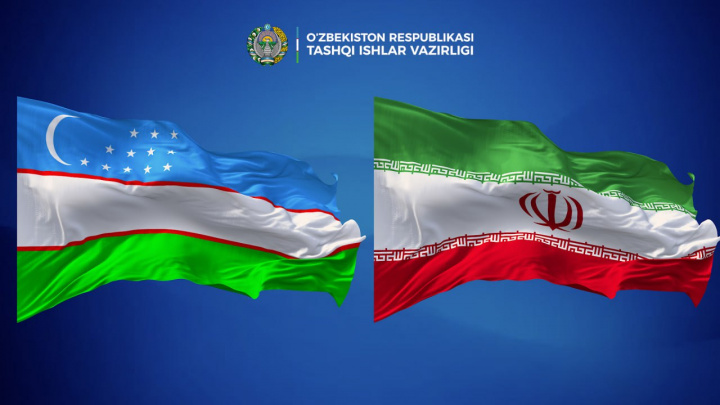
13:40 / 04.03.2026
Foreign Ministers of Uzbekistan and Iran discuss regional security in phone call
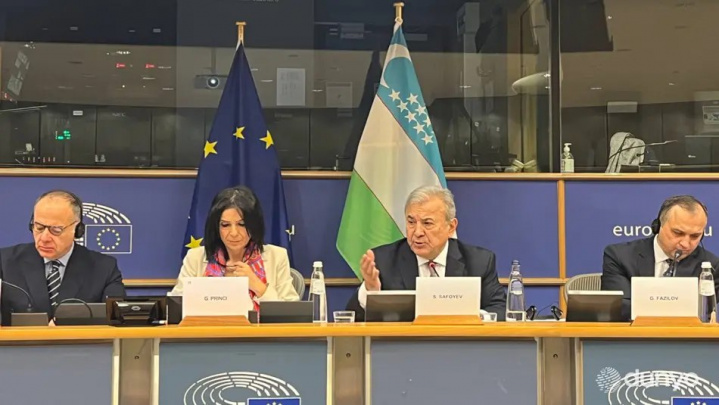
16:57 / 28.02.2026
Uzbekistan and EU review partnership at 19th parliamentary committee meeting
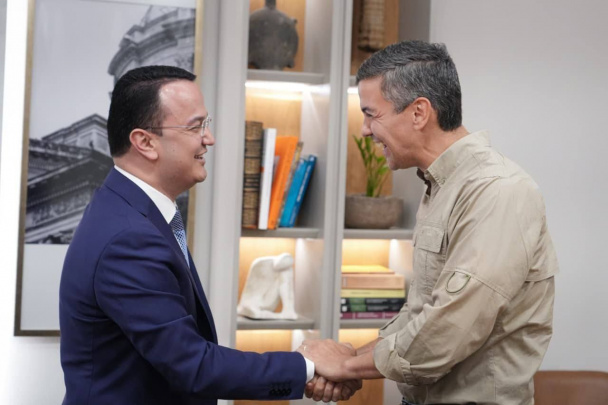
19:22 / 27.02.2026




